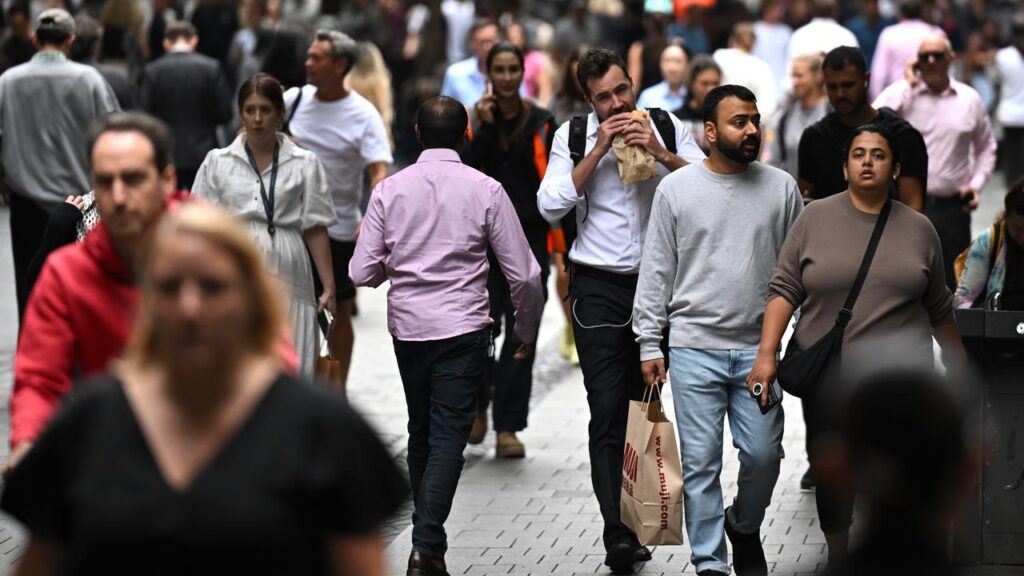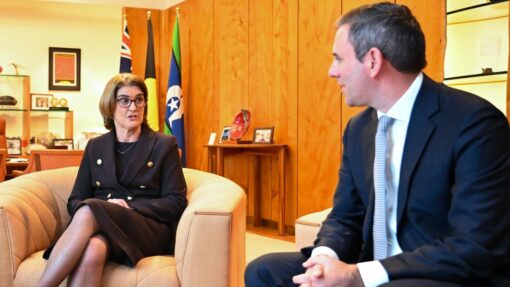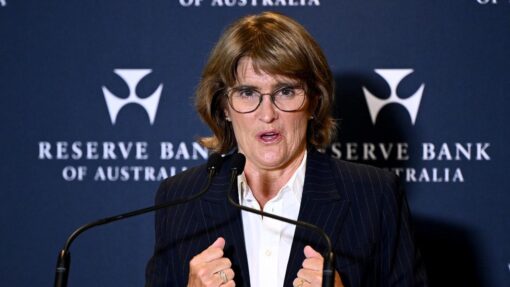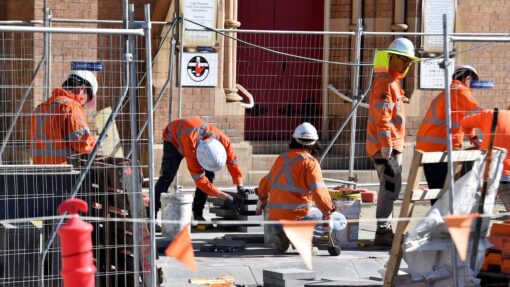Unions, business at loggerheads over four-day work week
Andrew Brown and Jacob Shteyman |

Australia’s productivity push should lead to shorter working weeks, unions argue in the lead up to an economic reform roundtable.
The ACTU has called for a four-day work week in sectors that can support it, arguing this will allow workers to benefit from productivity gains and technological advances.
It argues reducing working hours, from a standard five days a week, is key to lifting living standards.

“Shorter working hours are good for both workers and employers,” ACTU president Michele O’Neil said on Wednesday.
“They deliver improved productivity and allow working people to live happier, healthier and more balanced lives.”
Pay and conditions, including penalty rates and overtime, would be protected under the union’s proposal to ensure workers didn’t take a financial hit.
Workers in sectors that would not be able to support a four-day week could be given “more time off or fairer rosters”, Ms O’Neil said.
Prime Minister Anthony Albanese said people could present whatever ideas they liked at the roundtable next week but the government had no plans to implement a four-day work week.
“I think a lot of people would like to have a five-day working week (let alone four). These ideas will come up. I’m not going to give a running commentary on all of them, but certainly the government has no plans,” he said in Brisbane.

But employer groups were miffed the government was open to hearing ideas from the unions on industrial relations when businesses had been told the topic would be off the table.
“Business will talk about workplace arrangements. That is obviously important for productivity, so we don’t think anything should be off the agenda,” Australian Chamber of Commerce and Industry chief executive Andrew McKellar said.
“But we will respect the agenda the government is setting.
“What I will say is, if the unions are going to bring issues like this, then it is inevitable, it’s unavoidable that you’ve got to have a discussion about what the other side of that is.”
There needed to also be a discussion about other industrial relations changes, such as reducing employer flexibility around penalty rates, regulating AI and legislating a right to work from home, he said.
“Those are not the sort of things that are going to boost productivity.”
The Australian Restaurant and Cafe Association warned a four-day work week would hurt hospitality businesses, especially in CBDs where foot traffic was down as more people work from home.

“That’s a death blow for CBD cafes already struggling with a one-in-10 closure rate according to Creditor Watch,” the association’s chief executive Wes Lambert said.
The economic roundtable will focus on lifting productivity, bringing together representatives from business, unions and civil society in Canberra next Tuesday to Thursday.
Treasurer Jim Chalmers has denied he and Mr Albanese are at odds about their ambition for tax reform.
Their focus, he said, was rolling out tax changes Labor took to the last election.
While both have said any tax changes stemming from the roundtable would only be introduced in the government’s next term, Dr Chalmers opened the door to changes before the next election if they gained broad support.
AAP


